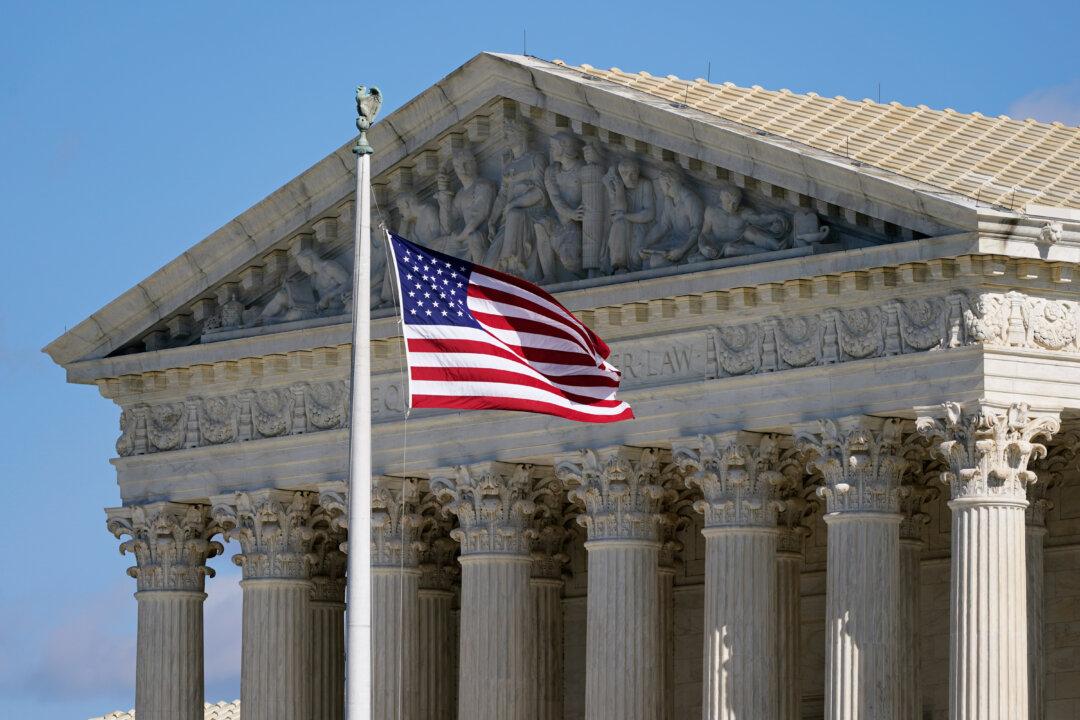A group of state legislators and voters asked the Supreme Court on Thursday for permission to join Texas’s lawsuit challenging 2020 election results in four states.
Among the members listed in the request (pdf) are those who had previously filed lawsuits seeking to de-certify election results either in state or federal courts. These include several voters and Pennsylvania state legislators Daryl D. Metcalfe, Chris E. Dush, and Thomas R. Sankey III, whose lawsuit was dismissed by a state judge.




